
Black Bridge of Gold
O Ponte Negra de Ouro
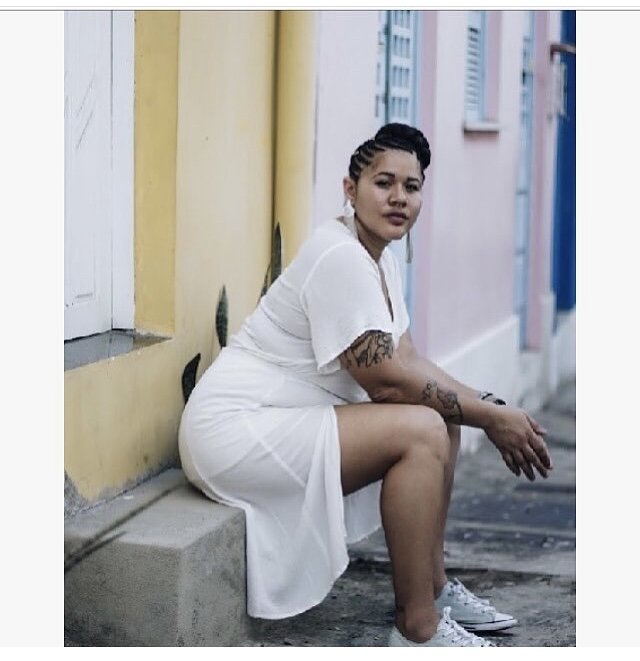
Hannah K. Moore Bay Area-Salvador "I first went to Brazil in 2009 with my dance group at the time. WE spent 2 weeks in Rio and 1 week in Salvador doing dance workshops. I knew I had to get back. I studied abroad through UC Berkeley's study abroad program for 7 months and then in 2013 after finishing my undergraduate degree I decided to move to Salvador. I identify with the way life is lived, the way struggle happens in Bahia. I started my spiritual journey in Condomble. I met people I felt I've known forever. I studied police violence and racism at the Institute of Collective Health at the Federal University of Bahia. Being a bridge is important to me because it's the only way we will get it done. I have family and deep love for people in two parts of the world physically far from one another but also close in so many ways like loud belly laughs and the loud call of the djembe. We have so much to learn and share with one another. Being a bridge means opening possibilities for understanding all the ways Blackness vibrates throughout the world. Currently I am building this project "the Black bridge of Gold", writing for Oakland Voices a community journalism fellowship in Oakland California and planning an art show with images taken by women throughout the Black Diaspora. 2018
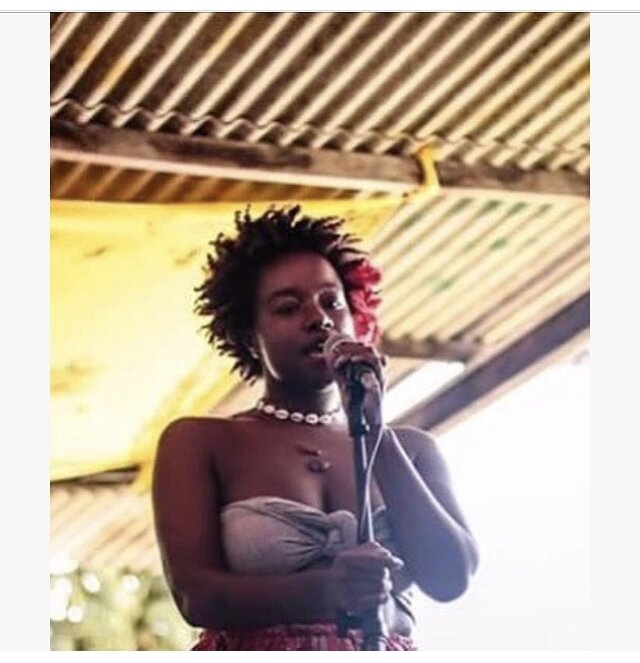
Nia Hampton IG Handle @_nianderthal Baltimore to all over the damn world. "I was living in Brazil from 2014-2016 chasing dreams and writing about it at glowingpain.com. Being a bridge is important because in this life nobody but nobody can make it alone. Currently gathering resources to put up my first solo art show!" 2018
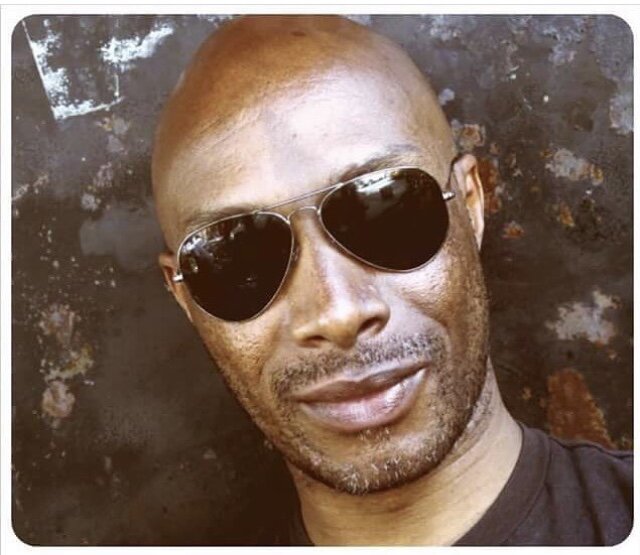
Duran Jackson Bedstuy/NYC to Salvador Bahia Was in Salvador from 2013-2014 There on a fullbright research fellowship concurently an artist in residence at the Museum of Modern Art in Salvador and the Museo AfroBrasil in Sao Paulo. "It's important to be a bridge to build and share social networks and resources throughout the Diaspora around art and social justice. Currently living in BK/NY making art and exhibiting in the US and Europe. 2018.

Tiffany Auttrianna Ward Locations - Origins - San Francisco Cities lived - New York, Salvador, Sao Paulo Currently - Baltimore Based Studied abroad in 2010 in Sao Paulo and Salvador, spent another 6 weeks in 2015 When I lived in Brazil in 2010 I was studying Afro-Brazilian history and culture. I majored in Afro-Diasporic studies and was passionate about learning about our shared cultures. By the time I went back in 2015 I had launched my blog on Afro-Brazilian art and went back to continue to build connections with local artists. 2015 was the first time I spent extended period of time in a non-metropolitan part of Brazil Being a bridge and opening doors has always been a part of my life. I think it's important to tell the stories from our perspectives (the working class, marginalized, etc.). I've seen what happens when our stories are ignored, looked over, or told from the perspectives of others. I am dedicated to changing this. Working with artists is part of this work. I work to build bridges between Brazilian artists and American resources. When I initially decided to move back to Brazil (in 2015) I startd to seek out Afro-Brazilian artists, I noticed that the galleries lacked any black brazilian artists. Though Brazil is a diverse country and blackness presents across a spectrum, the majority of the artists represented by galleries were of clear European descent Racism in art and education institutions and limited access to an English-based art scene were themes that permeated this conversations. I decided I would do my part to bring the stories and work of the artists, creators, curators and writers I met and adored. I worked and continue to work to use the skills I learned early on in navigating throughout worlds to bridge Black artists of the diaspora to a larger network of support and resources.

Thais Muniz Salvador Bahia to Dublin, London, Paris Trabalho com meu projeto de pesquisa Turbante-se (IG Handle @turbante.se) Porque conectar e fundamental para crescer. Sigo com pesquisa sobre turbantes e amarracoes de cabeca as culturas afro-atlanticas, fazendo workshops para falar sobre isso e ensinar formas practicas de usa-los, faco garimpo estampas entre o Brasil e a Europa e faco free lancers como diretora de arte e diretora de criacao. 2018
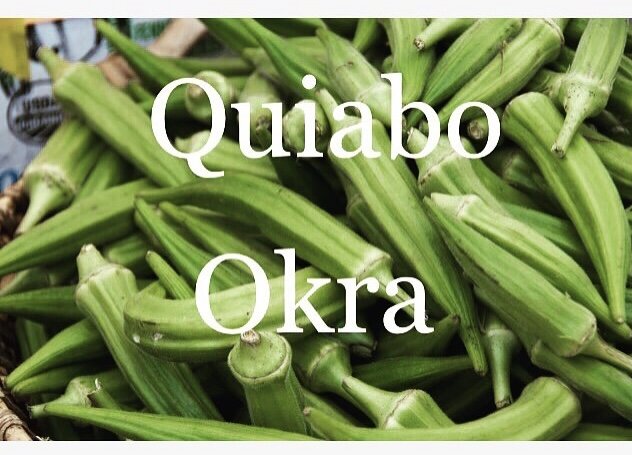


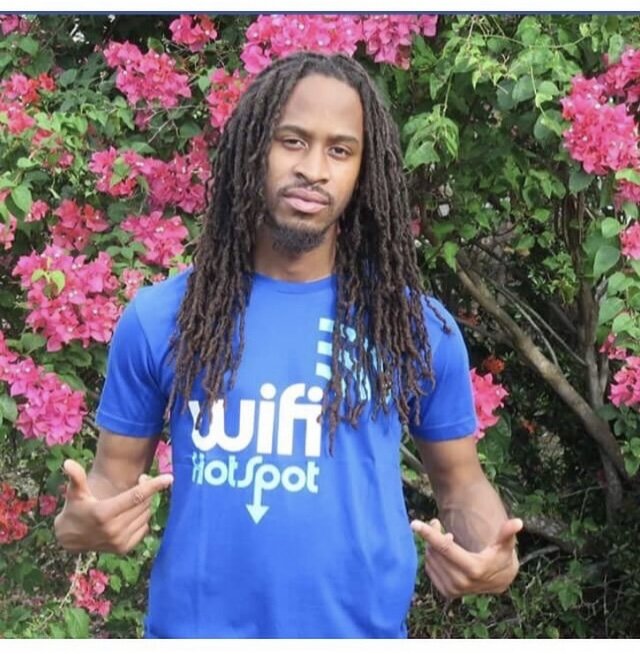
Jordan Fields @mano_bixop Plainfield New Jersey - São Paulo Brazil "I first came here in June of 2016, i came for the summer to test the waters. When i realized it was where I really wanted to be I quit my job and came back late October. I came out here to do music. I had a group in Plainfield New Jersey called 'Negros Americanos', we started the group in Panama where I lived in 2011. We started it because like other places Blacks and Latinos were having a lot of problems and people were being murdered. I thought the group would be huge and take off but it didn't. Then in 2015 a lot of Brazilians started hitting me up because they found out page and our name was 'Negros Americanos" and they were like can you rap in Portuguese? I was like I don't know nothing bout that. So I checked out Brazilian rap and loved it because it is so real. Being a bridge is very important for Black Americans to know we're not the only ones on this side of the world and also for people here (Brazil) to know that we're not super spoiled and that we struggle too. Because of language and distance we are cut off from each other but it's important that we unite. Unite musically, linguistically and culturally". Currently Jordan runs an English program in São Paulo, in the hood, called "Inglês na Quebrada" which uses rap and hip hop to teach English to Brazilians to open up possibilities and opportunities. Check it out!